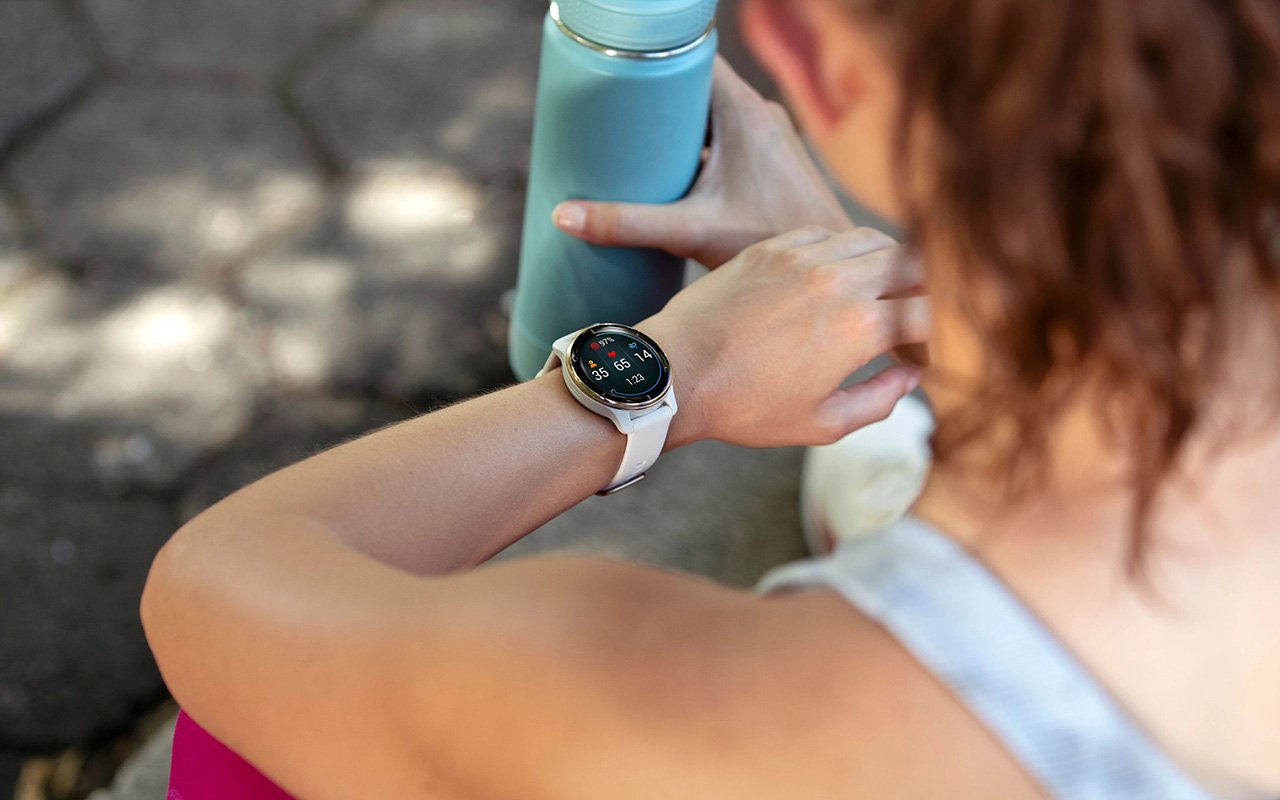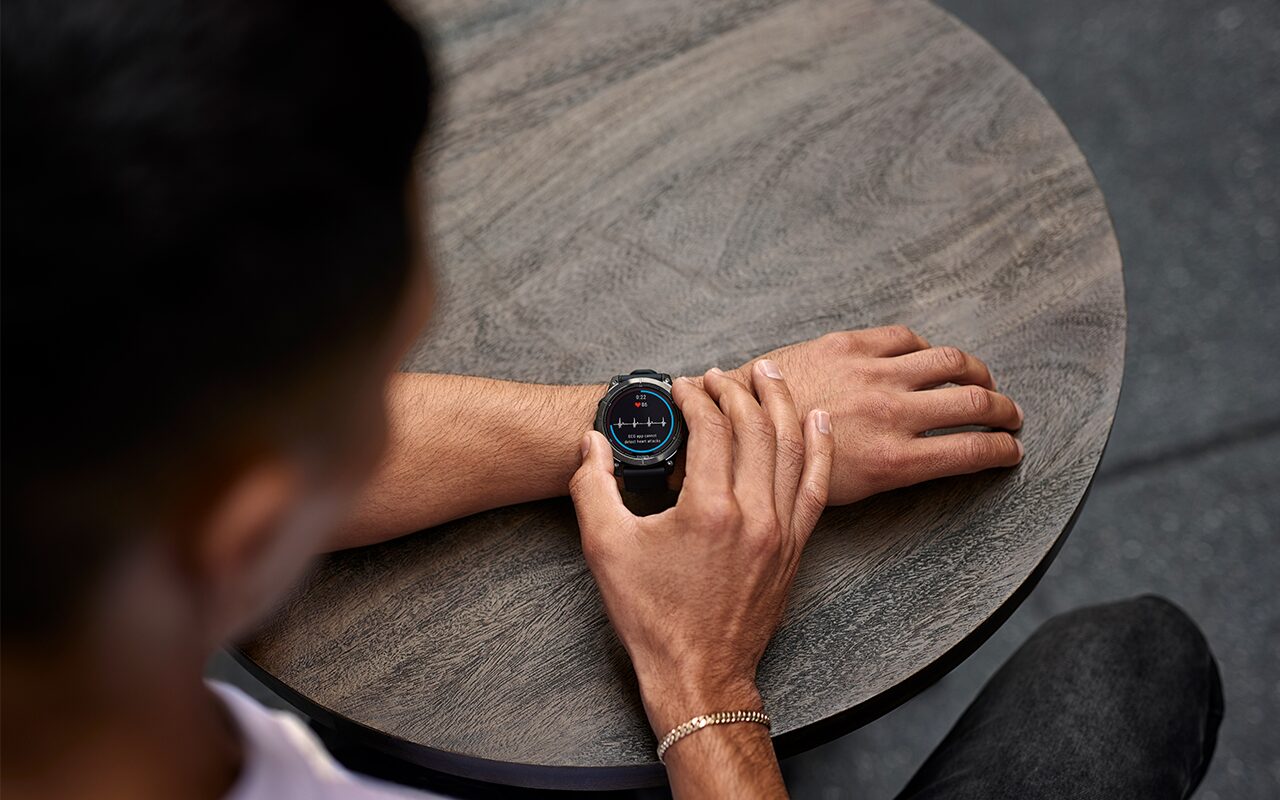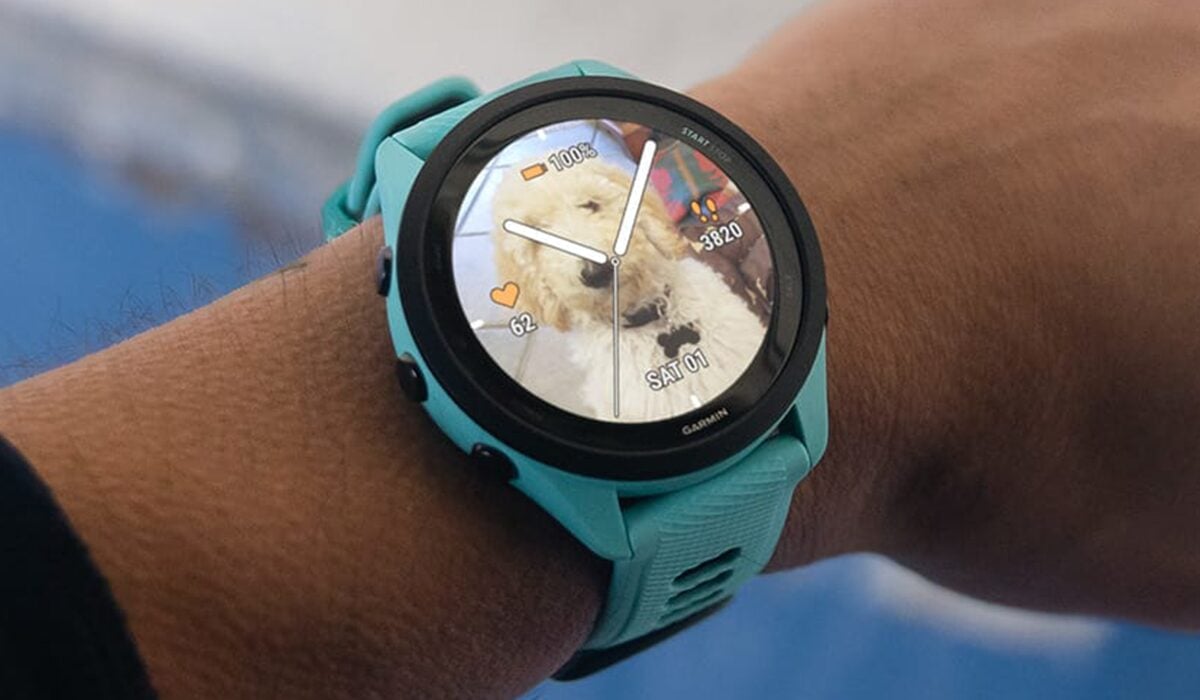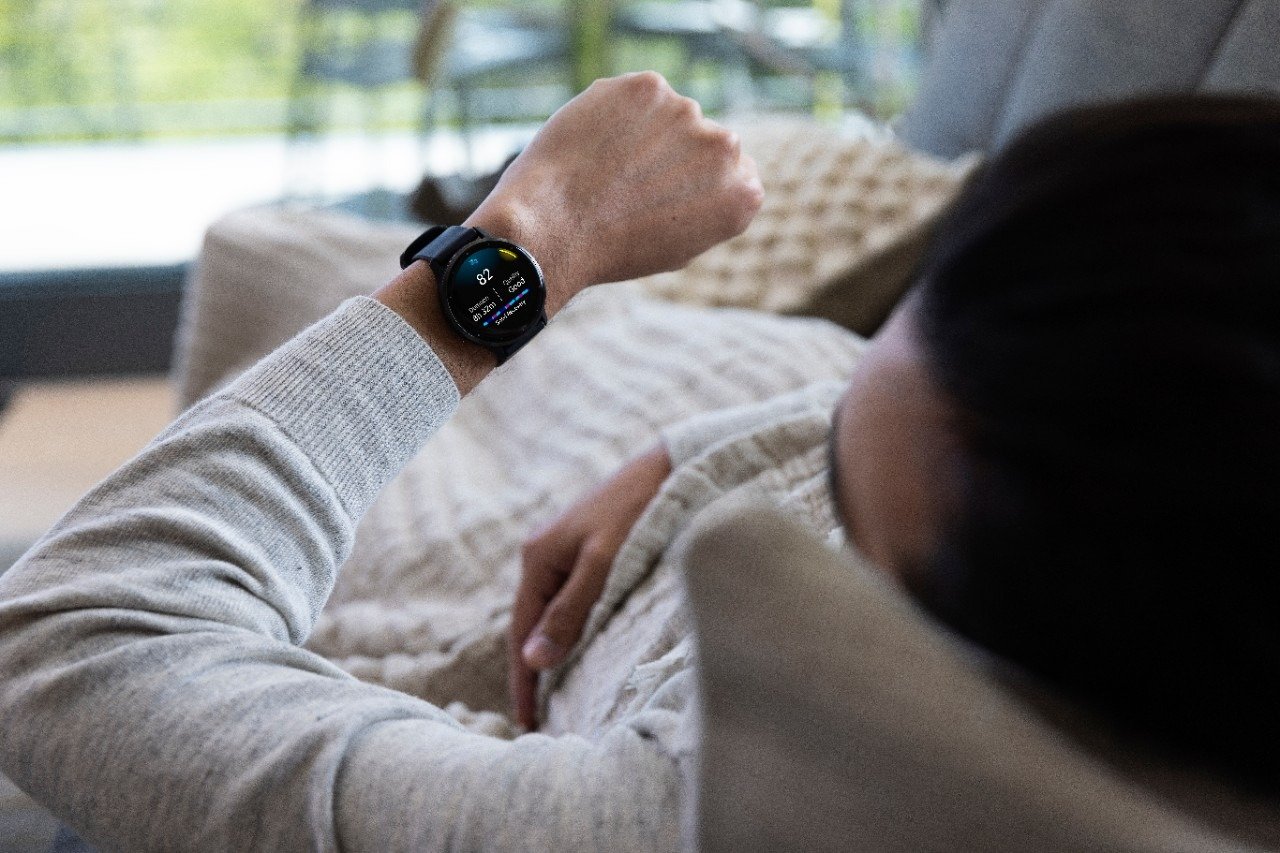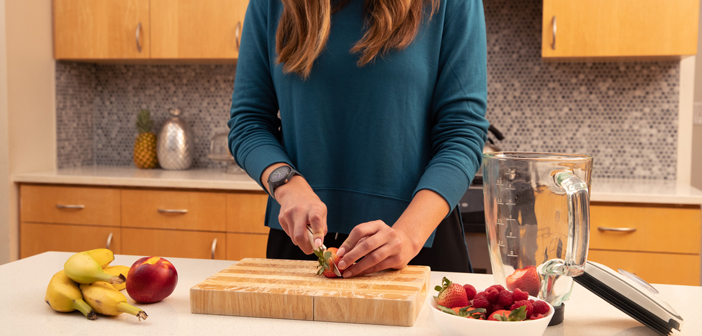
What Should You Eat to Ease PMS?
Approximately 30-40% of women of reproductive age and 20-32% of premenopausal women are affected by premenstrual syndrome (PMS). That’s a lot of us.
Before your period, estrogen and progesterone levels drop significantly, which can lead to everything from headaches and bloating to acne and mood swings. Getting the proper nutrients can help deal with these changing hormones and subsequent PMS symptoms.
Vitamin B6
If you deal with a lot of emotional changes — such as anxiety, crying, depression,
fatigue and mood swings — before your period, this might be the solution for
you. Studies have shown that vitamin B6 plays a
big role in regulating mood. Especially when combined with calcium.
If you don’t want to take a supplement, the National Institutes of Health suggests chickpeas, fortified cereals, tuna, chicken and other foods as good sources of vitamin B6.
Calcium
If you’re sold on vitamin B6, combine it with calcium, and it will be even more
effective. The combination of calcium and vitamin B6 can significantly reduce
PMS symptoms. In
one study, calcium was found to reduce symptoms like depression, mood
swings, headache, irritability and breast tenderness by approximately 50%.
While dairy is often listed as the number one source of calcium, soymilk, orange juice, tofu, salmon and leafy green vegetables are also great sources.
Vitamin D
Most of us know of vitamin D as the “sun vitamin,” because our bodies are
designed to produce
vitamin D when our skin is exposed to sunlight. What you might not know is
that vitamin D
can significantly reduce PMS symptoms like backaches and depression.
If you want to boost your vitamin D intake without spending time in the sun, you can get it by consuming mushrooms, fatty fish — such as salmon, tuna and mackerel — and fortified dairy products.
The best thing about all of these nutritional recommendations is that they’re inexpensive, natural ways to treat your symptoms, making them perfect for all ages, including those on birth control or other medications. So make sure you’re getting all the right nutrients to fuel your body and help you kick PMS’s butt!
You can now track your menstrual cycle in Garmin Connect. Regardless of your cycle type — including regular, irregular and menopause transition — you can log how you feel physically and emotionally every day and get reports that show you fluctuations in your body over time.
